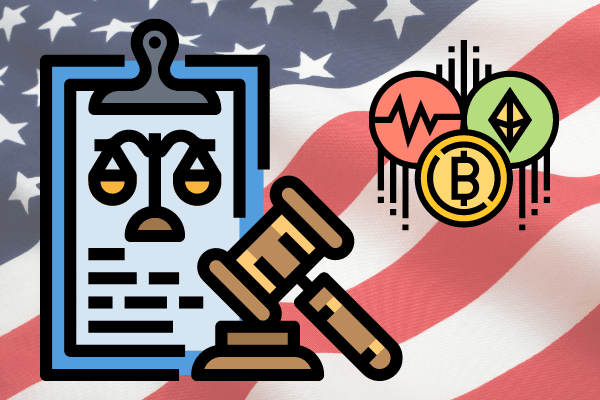Bitcoin has just experienced a massive upgrade — Taproot. This is a significant event as it is the world’s most popular cryptocurrency’s first real upgrade in four years.
What this means is that transaction privacy and efficiency undergo significant improvement, which would help unlock more potential for smart contracts by removing middlemen from transactions.
Stillmark founder Alyse Killeen remarked that Taproot is crucial as it provides wider opportunities for entrepreneurs that want to expand Bitcoin’s utility.
Bitcoin’s Taproot has received near universal support, unlike its highly divisive upgrade in 2017. Part of it is due to the changes being fairly incremental code enhancement.
One of the most significant changes has something to do with digital signatures, which serve as each individual’s fingerprint on every transaction.
The cryptocurrency currently implements a system called the “Elliptic Curve Digital Signature Algorithm”, where it creates a signature from the private key that controls a crypto wallet, and allows the bitcoin to be spent only by the owner. What Taproot will do is add “Schnorr signatures”, which makes multi-signature transactions unreadable.
While it does not mean that your individual bitcoin address would be more anonymous on the public blockchain, it will be able to differentiate simple transactions and complex transactions with multiple signatures. Since your keys will experience less exposure on the blockchain, this implies greater privacy.
The enhanced signatures also lead to improvement for smart contracts, which are self-executing agreements on the blockchain. Thanks to Taproot, smart contracts are cheaper and smaller than ever.
As of now, smart contracts can be created on bitcoin’s core protocol layer and on the Lightning Network, which is a payments platform that enables instant and less costly transactions.
The upgrade was originally slated to go live in June. However, it was only until November that it finally rolled out. Apparently, the delay period was spent on testing and lowering the chances of something going awry during the upgrade.



